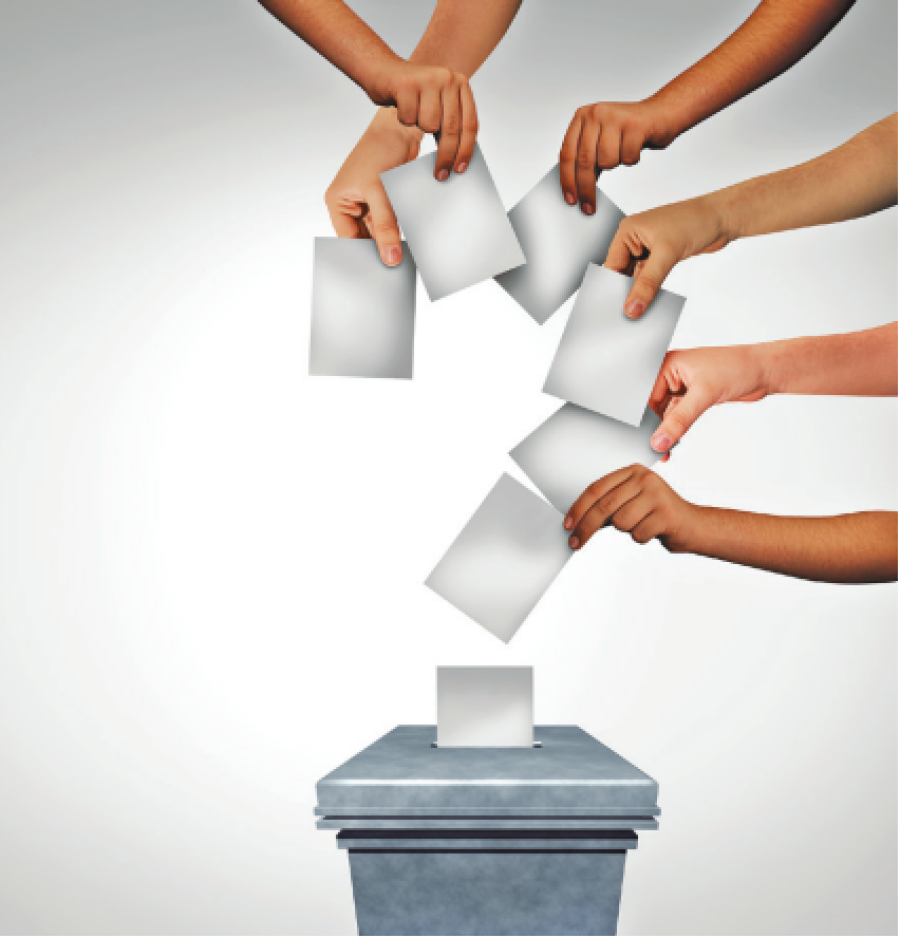Politics
What drives people to vote in Nepal?
Many people vote for party candidates in the hope of getting personal favours.
Purushottam Poudel
People who often criticise the political parties and their leaders for being dishonest and hungry for power often end up casting their vote for the same leader.
In the last local level elections, the voting percentage was around 64, according to the Election Commission, despite the people expressing their grievances towards their leaders.
So, what drives common Nepalis to vote in the elections?
Tirtha Niraula, a 30-year-old from Tehrathum who is doing a job in Kathmandu, says he would cast his vote in the upcoming general and provincial elections. He, however, clarified that he will vote only to exercise his franchise and not because he believes in politics or in any particular party.
A political party and its backing has become an essential part of life for the Nepalis because politics influences every aspect of society, Niraula says. However, he asserts that participating in the election is necessary. “Having political access at the central level and having someone in Kathmandu could be helpful,” Niraula said. “So, in spite of the general disappointment with leaders, we end up voting for them.”
He thinks that if someone does not have a political connection, then the person may not be able to “get even a simple task done at the local level,” and such a situation makes the people vote for the same leaders time and again despite having grievances.
Shrishti Sapkota, 27, a resident of Chitwan, who is a secondary-level teacher in Kathmandu, said that she has decided to vote this time because her relative is running for a Provincial Assembly seat.
She claimed that “rather than having a firm desire to vote, I will do that just because a close family member is a contestant”. She also acknowledged that she is going to vote because “it will be easier politically, if someone close gets elected”.
Former chief election commissioner Bhojraj Pokharel agreed that due to the polarisation in society, people vote to get support from the leaders, when required.
“When people do not get the right option, in order to use their voting right, people sometimes end up endorsing even those they dislike,” Pokharel told the Post.
Pokharel said the exact explanation for what drives people to vote cannot be given categorically because there has not been an opinion poll or a proper study on this subject in Nepal yet.
The Election Commission has allocated 17 days for campaigning, but campaign-like activities for the November 20 polls have already begun. People who accused the leaders of failing to represent them properly have already begun following the same politicians, forgetting their grievances.
In a democracy, leaders are chosen by the public who represent them in Parliament and in the government as well. The leaders reach the people's doorsteps to solicit votes. Yet, after the elections are over, they tend to forget the same voters.
While the trend of leaders not caring for the public after being elected is not new, people still have faith in the elections.
“If we look back, it appears that the people of Nepal have always voted towards making a change,” Pradip Pokharel, chairperson of the Election Observation Committee, told the Post. “But lately, in the absence of a good option, people have chosen the best among the worst to vote for.”
The increasing trend among urban voters is to look for new representatives as they are dissatisfied with the existing ones, Pokharel said.
Gopinath Mainali, a former secretary, said voters should prioritise their long-term interests over short-term benefits while choosing their representatives for the next five years.
Due to the fragmentation of the populace along political lines, parties muster votes despite popular disenchantment.
“For the general people, supporting a political party is more beneficial than staying neutral. As a result, even when the people dislike parties, there is a tendency to vote for them for the sake of political patronage,” Mainali told the Post.




 13.12°C Kathmandu
13.12°C Kathmandu














